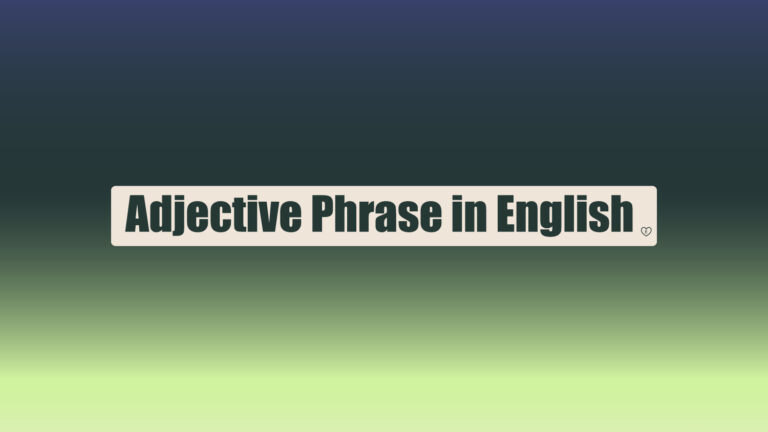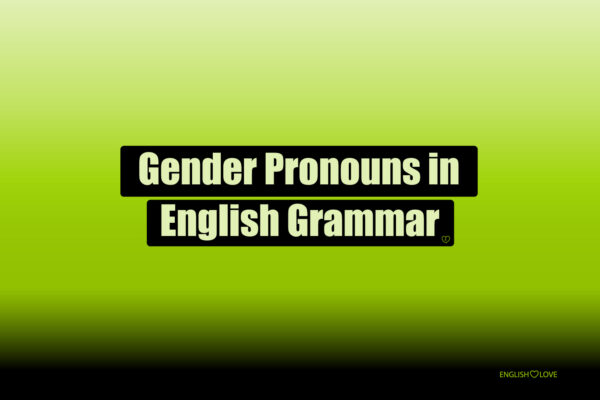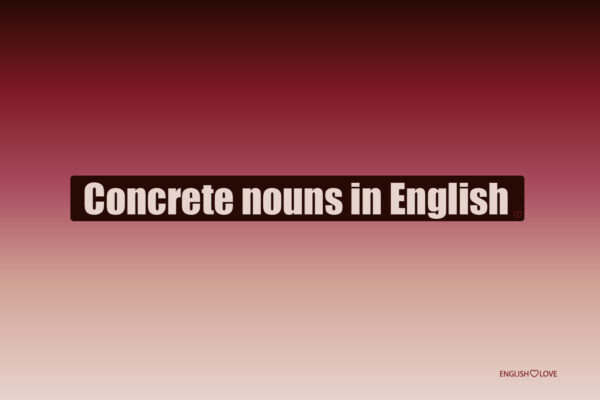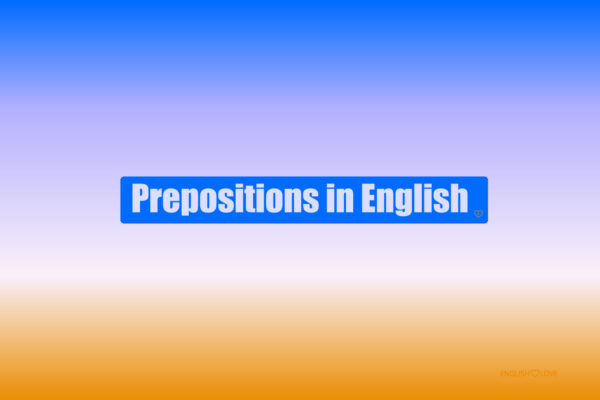Adjective phrases play a pivotal role in English grammar, serving to express ideas, emotions, and descriptions. This article delves deep into the concept of adjective phrases, offering a comprehensive definition and providing illustrative examples to aid in understanding.
What is an Adjective Phrase?
An adjective phrase, often referred to as an adjectival phrase, is a group of words that collectively function as an adjective in a sentence. Its primary role is to modify (describe, identify, or quantify) a noun or a pronoun, giving more information about it.
Components of an Adjective Phrase
- Headword (Central Adjective): The main adjective that determines the nature of the phrase is called the headword. It is the key component, and the phrase cannot exist without it.
- Modifiers: These are words that can precede (pre-modifiers) or follow (post-modifiers) the head adjective to provide additional details. Modifiers can be adverbs, prepositional phrases, or even other adjectives.
- Complements: These are words or groups of words that complete the meaning of the adjective. Often, prepositional phrases act as complements in adjective phrases.
Examples and Explanation
- Simple Adjective Phrase: “A happy child.” Here, “happy” is a simple adjective phrase modifying “child.”
- Adjective Phrase with a Modifier: “A very happy child.” In this example, “very” is an adverb that modifies the adjective “happy.” Together, “very happy” acts as an adjective phrase.
- Adjective Phrase with a Complement: “She is fond of chocolate.” Here, “fond of chocolate” is an adjective phrase where “fond” is the headword and “of chocolate” is the complement.
Examples of Adjective Phrases
- Adjective Phrase: extremely cold
- Correct: The extremely cold weather made us stay indoors.
- Incorrect: The weather made us stay indoors was extremely cold.
- Adjective Phrase: happy with her results
- Correct: She was happy with her results.
- Incorrect: She was with her results happy.
- Adjective Phrase: rich in vitamins
- Correct: This fruit is rich in vitamins.
- Incorrect: This fruit is in vitamins rich.
- Adjective Phrase: eager to start
- Correct: The students were eager to start the project.
- Incorrect: The students were to start eager the project.
- Adjective Phrase: covered in chocolate
- Correct: The strawberries were covered in chocolate.
- Incorrect: The strawberries were in chocolate covered.
- Adjective Phrase: familiar with the rules
- Correct: Are you familiar with the rules?
- Incorrect: Are you with the rules familiar?
- Adjective Phrase: tired of waiting
- Correct: I am tired of waiting for him.
- Incorrect: I am of waiting tired for him.
- Adjective Phrase: full of surprises
- Correct: Life is full of surprises.
- Incorrect: Life is of surprises full.
- Adjective Phrase: anxious about the test
- Correct: She was anxious about the test.
- Incorrect: She was about the test anxious.
- Adjective Phrase: proud of his achievements
- Correct: He is proud of his achievements.
- Incorrect: He is of his achievements proud.
Grammar Rules for Adjective Phrases
Position in a Sentence:
Rule: Adjective phrases can be placed before the noun they modify (attributive position) or after a linking verb (predicative position).
| Correct | Incorrect |
|---|---|
| The incredibly talented musician. | The musician is incredibly talented. |
| She is happy with her performance. | She is with her performance happy. |
Modifiers and Complements:
Rule: Modifiers usually precede the head adjective, while complements typically follow it.
| Correct | Incorrect |
|---|---|
| A room full of toys. | A room of toys full. |
| An utterly broken vase. | An broken utterly vase. |
Avoiding Redundancy:
Rule: Ensure that the adjective phrase doesn’t repeat information already conveyed by the noun.
| Correct | Incorrect |
|---|---|
| A wooden table. | A wooden wood table. |
| A metallic sheen. | A metallic metal sheen. |
Consistency in Tense and Form:
Rule: Ensure that the adjective phrase is consistent with the tense and form of the main sentence.
| Correct | Incorrect |
|---|---|
| She was eager to start. | She is eager starting. |
| They are excited about the trip. | They were excited for going on the trip. |
Avoid Double Negatives:
Rule: When using negative adjectives, avoid using double negatives as they can be confusing.
| Correct | Incorrect |
|---|---|
| She is unhappy. | She is not unhappy. |
| He is disinterested in the topic. | He is not disinterested in the topic. |
Comparative and Superlative Forms:
Rule: When using adjective phrases in comparative or superlative forms, ensure the correct structure.
| Correct | Incorrect |
|---|---|
| She is more interested in art than science. | She is more interested in art than in science. |
| He is the most skilled in the team. | He is the most skilled in team. |
Conclusion
Adjective phrases are instrumental in enriching our language, allowing for more descriptive and expressive sentences. By understanding their structure and rules, one can enhance their language proficiency and communication skills.
FAQ about Adjective Phrase in English
What types of words typically make up an adjective phrase?
An adjective phrase primarily consists of a head adjective. It may also include modifiers such as adverbs, and complements, which can be prepositional phrases or other structures that provide additional information about the head adjective.
Can an adjective phrase be placed anywhere in a sentence?
Not exactly. While adjective phrases are versatile, their placement largely depends on what they’re modifying. They can appear before the noun they modify (attributive position) or after a linking verb (predicative position). Their position is crucial for the sentence’s clarity and correctness.
How do adjective phrases differ from adverbial phrases?
Adjective phrases modify nouns or pronouns, providing more information about them. In contrast, adverbial phrases modify verbs, adjectives, or other adverbs, giving more details about how, when, where, or why an action occurs.
Is it possible for an adjective phrase to consist of just one word?
Yes, an adjective phrase can be as simple as a single adjective. For instance, in the sentence “She wore a red dress,” the word “red” is an adjective phrase on its own, modifying the noun “dress.”




